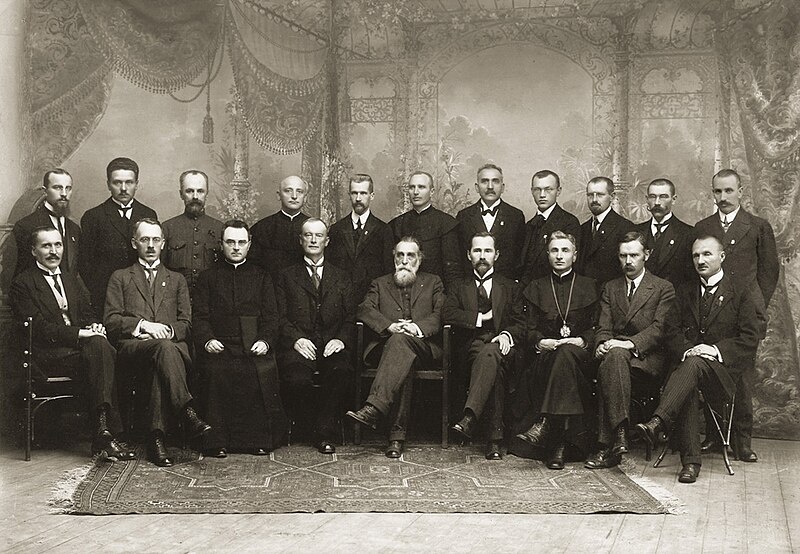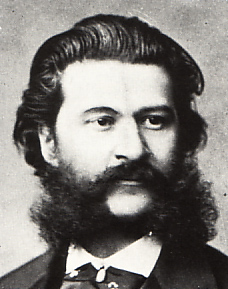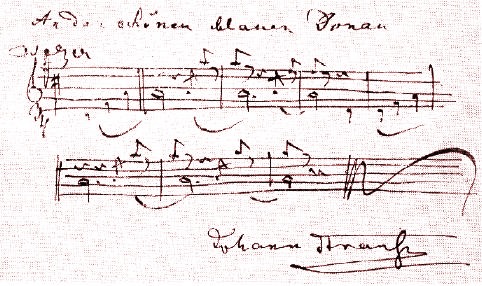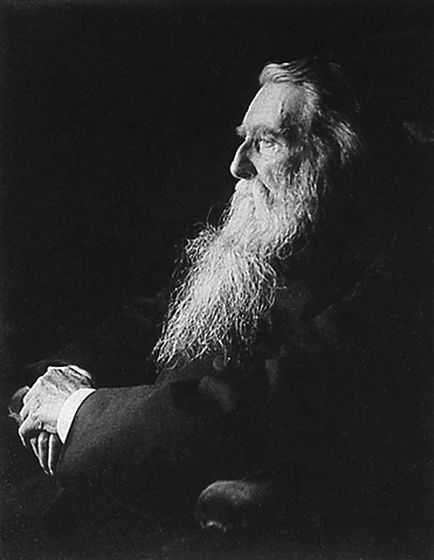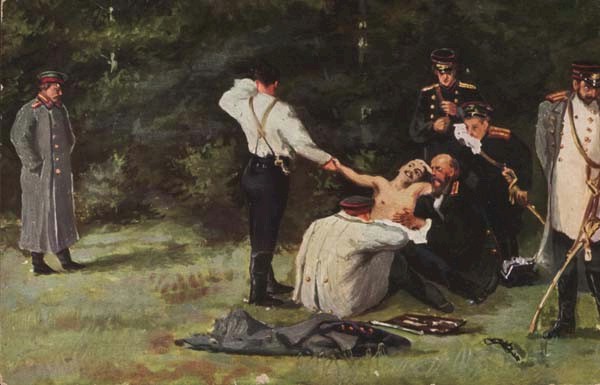
Copernicus, on a roof
From this biography on a Croatian university website somewhere:
- There is no one center of all the celestial circles or spheres.
- The center of the earth is not the center of the universe, but only of gravity and of the lunar sphere.
- All the spheres revolve about the sun as their mid-point, and therefore the sun is the center of the universe.
- The ratio of the earth's distance from the sun to the height of the firmament is so much smaller than the ratio of the earth's radius to its distance from the sun that the distance from the earth to the sun is imperceptible in comparison with the height of the firmament.
- Whatever motion appears in the firmament arises not from any motion of the firmament, but from the earth's motion. The earth together with its circumjacent elements performs a complete rotation on its fixed poles in a daily motion, while the firmament and highest heaven abide unchanged.
- What appear to us as motions of the sun arise not from its motion but from the motion of the earth and our sphere, with which we revolve about the sun like any other planet. The earth has, then, more than one motion.
- The apparent retrograde and direct motion of the planets arises not from their motion but from the earth's. The motion of the earth alone, therefore, suffices to explain so many apparent inequalities in the heavens.
The enunciation of the heliocentric theory by Copernicus marked the beginning of the scientific revolution, and of a new view of a greatly enlarged universe. It was a shift away from the comfortable anthropocentrism of the ancient and medieval world. A scientific theory that reflected so profoundly on humanity was not welcomed by the church, and it was only after the publication (1540) of Narratio prima (A First Account), by an enthusiastic supporter named Rheticus, that the aged Copernicus agreed to commit to print the theory already outlined in 1514.Copernicus' theory did not go all the way to explain the universe - after all, we're pretty sure now that the stars are not fixed objects in the firmament and the universe is much larger than just our solar system alone, but this shift was immeasurably important, 'moving things along' for people like Galileo to pick up on the theory and run with it. (and get into more trouble with the Catholic church).
It was only in 1999 when Copernicus received props for his heliocentric view of the world from the then Pope, John Paul II. He said at the time "The discovery made by Copernicus, and its importance for history and science, remind us of the ever-present tension between reason and faith", which is as guarded a statement of "you were right" as you'll get from a pontiff, I suspect.
QUOTE ATTACK:
"By the tune a man finds greener pastures, he can't climb the fence"

It seems that when we finally find greener pastures in our lives, we usually can’t climb the fence. After 34 years of marriage, my wife and I finally went to Hawaii — her lifelong dream destination. My proverbial fence however, was climbing inside an airplane to get there.It was one of the only references I could find to this obviously well-worn (but somewhat old-fashioned and not very web 2.0) phrase. Although, there is reference to it on this page of gardening jokes, which also contains the perennial (geddit?) "Grow your own dope, plant a man" line. Brilliant!
I was never enthralled with the concept of hurtling through Earth’s atmosphere at 20,000 or 30,000 feet above the ground.
